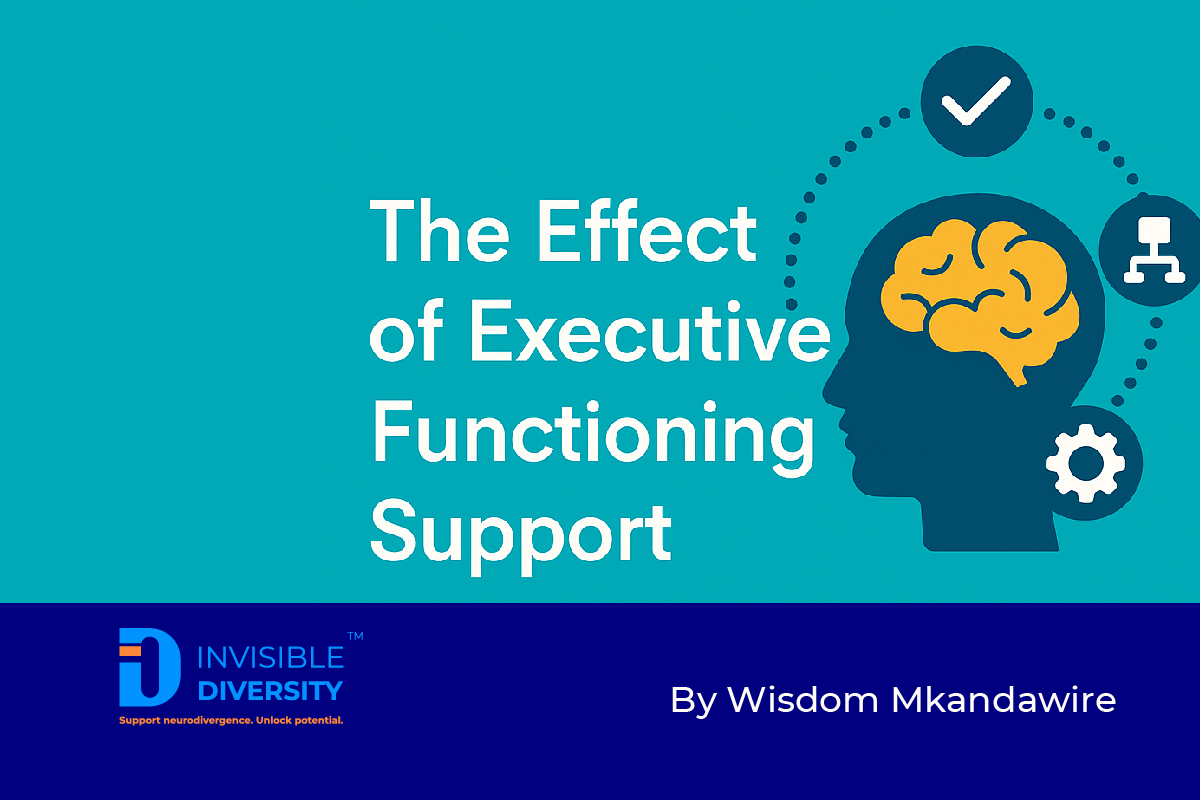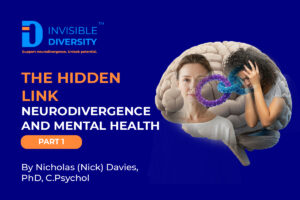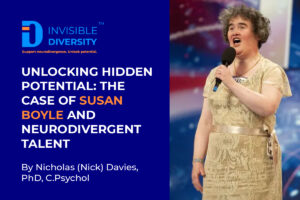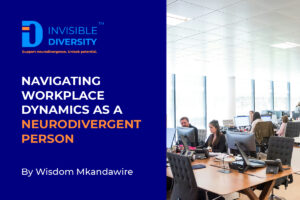As I was ruminating on a message for the dyslexia awareness week* (last week), I got reminded of an exceptional television series called “Monk” which I used to watch a few years ago.
The TV show Monk** was created by Andy Breckman and first aired in 2002, on the USA Network. The show ran for eight seasons, concluding in 2009. It stars Tony Shalhoub as Adrian Monk, a brilliant detective with OCD who solves crimes while dealing with his own personal challenges.
Detective Adrian Monk, a brilliant investigator with Obsessive-Compulsive Disorder (OCD), is the embodiment of neurodivergent excellence in the detective world. His assistant, Natalie Teeger, complements his unique skill set, making their duo an exceptional example of how embracing neurodiversity can lead to success.
Monk’s keen attention to detail, driven by his OCD, allows him to spot clues that others often miss. He meticulously analyzes every aspect of a crime scene, uncovering hidden connections and solving cases that baffle others. His neurodivergence becomes his superpower, transforming his perceived limitations into unparalleled strengths.
Natalie, on the other hand, is Monk’s grounding force. She provides emotional support and practical assistance, helping Monk navigate social interactions and manage his anxieties. Her patience and understanding create a safe environment where Monk can thrive. She also steps in when Monk’s OCD becomes overwhelming, allowing him to focus on his detective work without distraction.
Together, their compatibility highlights the power of embracing and supporting neurodivergent individuals. Here are some practical examples of how their dynamic can be applied to other neurodivergent people in real life:
- Leveraging Unique Strengths: Just as Monk’s OCD makes him an exceptional detective, neurodivergent individuals often possess unique talents. By recognizing and utilizing these strengths, employers and teams can harness the full potential of their neurodivergent members.
- Providing Supportive Companions: Like Natalie, having a supportive companion can make a significant difference. Companions can offer emotional support, help with organizational tasks, and assist in navigating social situations, ensuring that neurodivergent individuals feel valued and understood.
- Creating Safe Environments: While psychological safety is everyone’s desire, a safe and accepting environment is crucial for neurodivergent individuals to thrive. Whether in the workplace or at home, fostering understanding and accommodating their needs can lead to increased productivity and overall well-being.
- Encouraging Open Communication: Open and honest communication is key. Just as Natalie openly discusses Monk’s needs and limitations, creating a culture of transparency can help neurodivergent individuals feel comfortable expressing their challenges and seeking support.
Applying the Chief of Staff Model
The Chief of Staff model, typically applied to CEO and senior executive roles, can also be adapted to improve the effectiveness of neurodivergent talent in leveraging their unique abilities.
1. Executive Functioning Support: A Chief of Staff provides executive functioning support, managing tasks, prioritizing responsibilities, and facilitating decision-making processes. For neurodivergent individuals, this role can help them navigate their work environment more effectively, allowing them to focus on their strengths and contributions.
2. Strategic Collaboration: By acting as a strategic collaborator, the Chief of Staff ensures that neurodivergent individuals are integrated into team projects and initiatives. This model promotes inclusion and maximizes the unique perspectives and problem-solving skills that neurodivergent individuals bring to the table.
3. Personalized Assistance: Similar to Natalie’s role for Monk, a Chief of Staff can offer personalized assistance tailored to the specific needs of neurodivergent individuals. This support can range from organizational help to emotional backing, ensuring that neurodivergent talent thrives in their roles.
4. Empowering Neurodivergent Talent: The Chief of Staff model empowers neurodivergent individuals by providing a stable support system that enhances their productivity and innovation. This approach not only benefits the individuals but also enriches the organization’s overall performance.
Enhancing Effectiveness with Technology and AI
The use of technology and artificial intelligence (AI) can significantly enhance the effectiveness of both neurodivergent individuals and their right-hand partners, improving partnership outcomes. AI-driven tools can automate routine tasks, manage schedules, and provide reminders, reducing the cognitive load on neurodivergent individuals. Advanced analytics can help identify patterns and strengths in their work, enabling better task allocation and support. Additionally, AI can facilitate communication and collaboration by providing real-time language translation, sentiment analysis, and adaptive interfaces tailored to individual needs. By integrating technology and AI, the partnership between neurodivergent talent and their companions can become more efficient, productive, and harmonious.
By embracing neurodiversity and adapting the Chief of Staff model, organizations can unlock the full potential of neurodivergent individuals, leading to richer, more innovative, and compassionate communities.
Contact Invisible Diversity via email [email protected].
* Dyslexia Awareness Week is observed annually during the first full week of October. This week aims to raise awareness about dyslexia, challenge common misconceptions, and highlight the unique experiences of individuals with dyslexia.
** Monk is an original creation by Andy Breckman, who also served as the head writer for the show. The character of Adrian Monk was inspired by various traits and characteristics, but he is entirely fictional.




